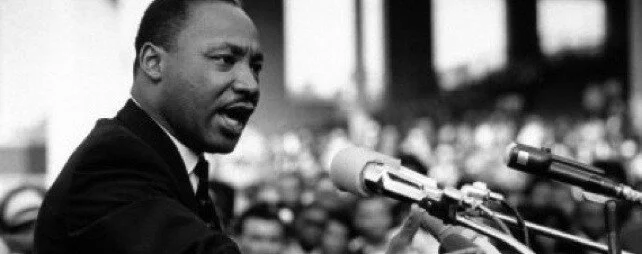“We demolish arguments and every pretension that sets itself up against the knowledge of God, and we take captive every thought to make it obedient to Christ.” 2 Corinthians 10:5
To be discerning about what they are learning as they sit in the classroom, students need think biblically. Every aspect of the world needs to be viewed with the assumption that God is intimately involved with His creation. Children need to see that God exists outside of their Sunday school classroom and beyond the pages of their Bible. He is connected with everything in their lives at school—including the academic subjects they are learning.
Here are some Bible verses that you can have your children write on sticky notes and use as bookmarks in their textbooks.
History
“From one man he made every nation of men that they should inhabit the whole earth; and he determined the times set for them and the exact places where they should live. God did this so that men would seek him and perhaps reach out for him and find him, though he is not far from each one of us.” Acts 17:26-27 (NIV)
Language Arts
“The tongue of the wise uses knowledge rightly, but the mouth of fools pours forth foolishness…. A wholesome tongue is a tree of life, but perverseness in it breaks the spirit.” Proverbs 15:2,4 (NIV)
Biology
“For you created my inmost being; you knit me together in my mother’s womb. I praise you because I am fearfully and wonderfully made; your works are wonderful, I know that full well.” Psalm 139:13-14 (NIV)
Physics
“For in him we live and move and have our being…” Acts 17:28 (NIV)
Astronomy
“The heavens declare the glory of God; the skies proclaim the work of his hands.” Psalm 19:1 (NIV)
Geology or Geography
“The earth is the LORD’s, and everything in it, the world, and all who live in it; for he founded it upon the seas and established it upon the waters.” Psalm 24:1 (NIV)
Mathematics
“Where were you when I laid the earth’s foundation? Tell me, if you understand. Who marked off its dimensions? Surely you know! Who stretched a measuring line across it? On what were its footings set, or who laid its cornerstone...?” Job 38:4-6 (NIV)




